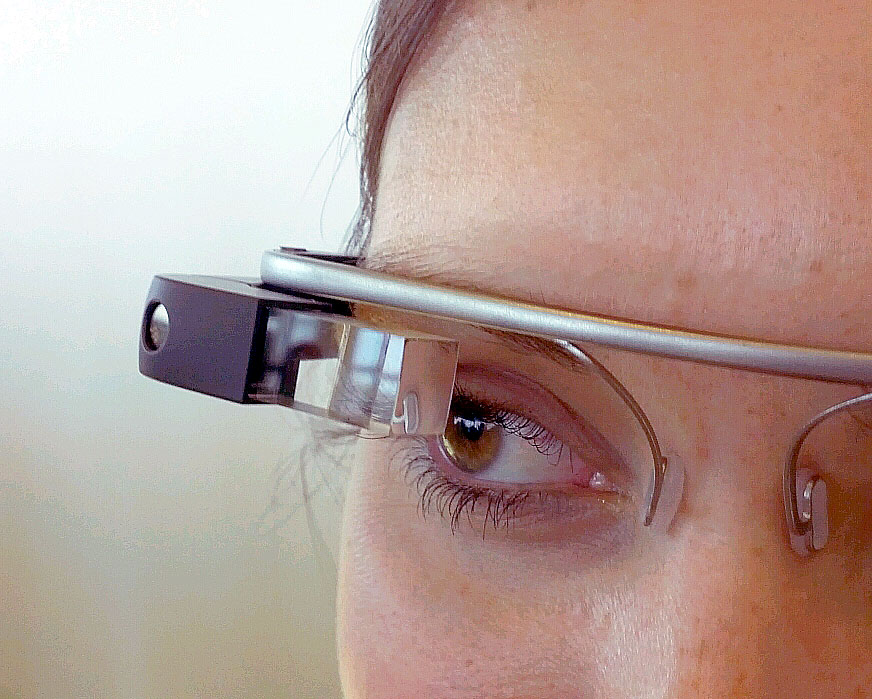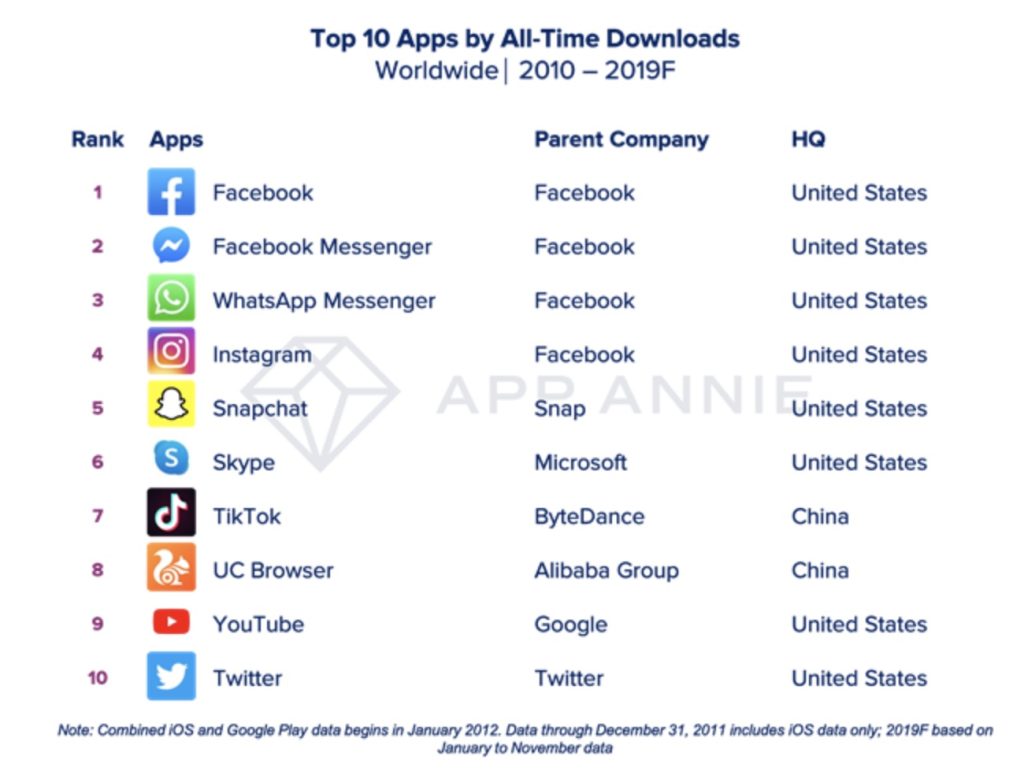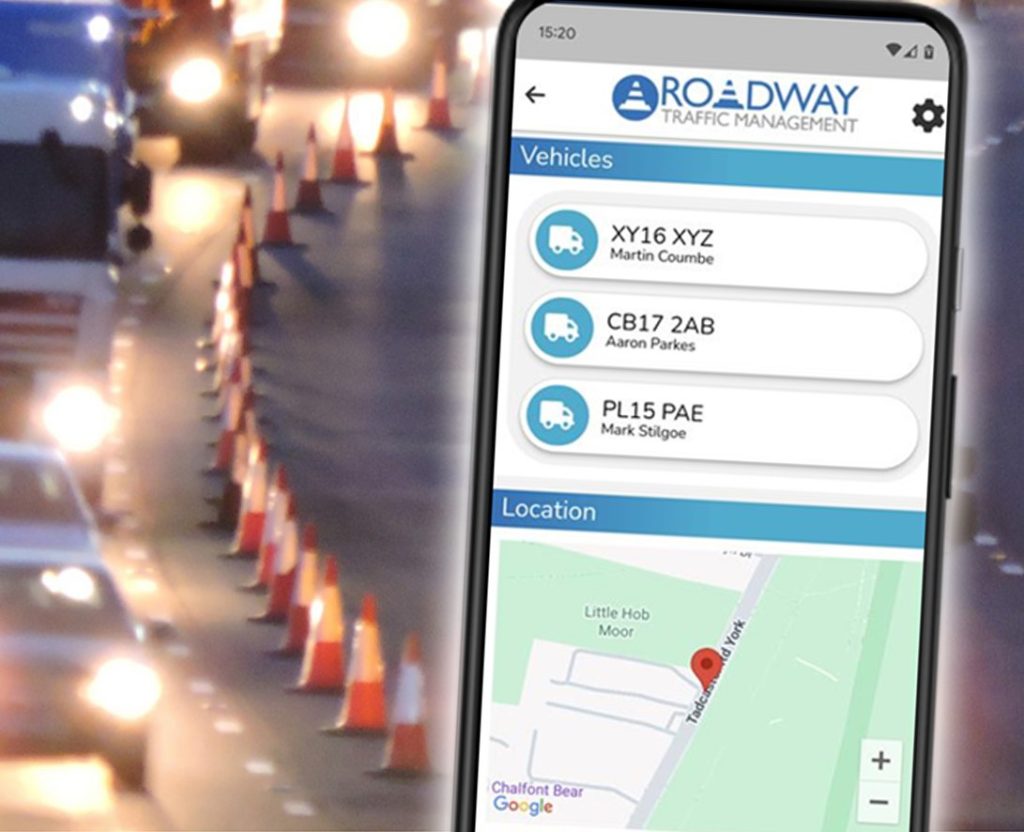
25 years in the Tech industry, Part 3.
In our final retrospective look at Merisis and the tech industry, we come up to the present day.
2010 and onwards – more tech, more progress and new challenges. 25 years in the tech industry, part 3.
Take a look back at the year 2010 and the film Avatar will come up. Released in late 2009, it quickly became the highest grossing film of all time with close to $3 billion Worldwide gross to date…
The mainstream tech landscape.

What it will also be remembered about Avatar is how it blended human actors with a completely computer generated world, unlike anything we’d previously seen. Yes – we’ve had dinosaurs, aliens and superheroes, but Avatar represented a step up, technically speaking.
Tech certainly didn’t stop. Smart phones are now so ingrained in everyday life that it’s more unusual not to have one than it is to own one. Smart devices and virtual reality headsets, although not ‘new’ in the 2010’s, certainly became more widely spoken about. Google Glass (2013) had a mission to produce the ‘ubiquitous computer’ – that is where computing is made to appear seamlessly anytime and everywhere.
Progress, however, comes at a price – somewhere and somehow. Away from the cost of drones, VR and autonomous vehicle technology there are people trying to exploit the rise in the use of the precious commodity it captures – data.
Cyber hacking hot headlines (again, not ‘new’ but certainly on the increase), Afghan War documents leak (2010), Iraq War documents leak (2010), Yahoo! Data breach (2016) and WannaCry ransomware attack (2017) – plus many more – all caused embarrassment and raised serious questions across not just the country, but the world.
The rise and rise of mobile apps

By this time consumers as a whole were much more tech savvy. Technology is not an exception by any means – it’s simply part of how we live and interact; the internet is simply a part of everyday life.
For businesses the increased affordability and agility which tech represented helped fuel start-ups. Even more than ever before, people could reach a global audience from their spare room, utilising the internet and social media, connecting with like-minded people across the world and doing this at pace.
Perhaps encourage by this, the mobile app market continued to mature well. More people with more smart phones – the opportunities for small and large businesses alike seemed endless. From a starting point of frivolity (remember the beer-pouring app?) and games (Angry Birds, Dec 2009) there was a shift in the mid-2010’s to social media and lifestyle apps. Apple revealed almost 300,000 jobs were added to the US economy since the iPhone’s debut, calling it “the app revolution” and Facebook acquired Instagram for $1 billion in April 2012.
Merisis and the tech industry landscape
New tech start-ups came. Some stayed and some went. For Merisis however, it was business as usual. And if that doesn’t sound dynamic enough, don’t be alarmed. Merisis did (and do) embrace the changing tech landscape – but not as ‘Emperor’s New Clothes’ but as new tools to help solve problems.
The logistics sector continued to be a strong backbone to Merisis’ business with the relationship with NYK approaching two decades by 2020. More transport logistics clients joined the Merisis rosta, with names such as Roadway coming on board. However Merisis’s solutions were also helping a wider range of industries – a global whisky brand, a regional council, a Government department, UK bookseller and a furniture manufacturer would, over the course of time, turn to Merisis for their technical expertise and they became known by many as specialists for mobile and browser-based apps.
What apps meant for shipping and logistics
Merisis has produced lots of mobile apps with an end-consumer focus – helping clients navigate the challenges of Android and iOS – as well as taking on the task of publishing to Google Play Store (easy) and Apple App Store (less so…).
For the logistics sector, the words ‘mobile app’ had a different application than what the consumer would recognise at this time. Mobile technology represented an opportunity to modernise what was a traditionally paperwork-heavy processes and to create a solid chain of custody by recording and capturing information, often in real-time.
This started to give a new level of visibility to businesses and the end consumer. An example everyone can relate to now is the ability for you to track the progress of a delivery van as it travels around your neighbourhood: “only 3 stops away”. This is technology – scanning barcodes as something is despatched through a logistics network from a warehouse to your home.
On a global scale, this happens from one side of the globe to another, with container ships being loaded in an efficient way to accommodate the physical dimensions and weight of items so they can go from one side of the world to the other, with various drop-offs and collections in different continents along the way.
The implications have helped transform the global market for consumers and sellers alike but again this brings new challenges. (See our recent post about the Import Control System, aka ‘ICS2 regulations’ here).
Refining ‘The Merisis Way’

For Merisis, the formative part of the 2000’s helped confirm that their approach was working. With continued repeat business to demonstrate success, Merisis has always recognised the importance of building strong and honest relationships based on core values and solid capability. The result has been low-churn, in terms of both clients and staff members too.
Darren and Jon attribute this to a ‘no hierarchy’ system where every member of the team has a valid voice and opinion, and where the client always has the most simple and direct route to speaking with the people working on their project. Add to this the fact that everything is done in-house by the full-time team, Merisis has built a reputation of always delivering. There’s no over promising – only absolute clarity and honesty.
Looking ahead
Despite all the advances of technology and the benefits it can bring, Merisis will still keep the practicalities of the world at the forefront of what they do. Some things are here for generations more – such as the road and rail networks – so Merisis will continue to ask questions; “How can we make this work better for our customers and for their customers?”, and “How can we us tech to enable this company/process/task to run more efficiently?”
Depending on the scale of the problem, progress can be measured in small percentages but with great impact, and perhaps this is where AI can make a difference with global logistics or the efficiencies of the UK road network. Rather than thinking of AI being a tool to create images, manipulate music or write content – in Merisis’ world AI may be utilised for decision-making processes and complex calculations for example.
Make no mistake – tech will continue to improve; increasingly quicker, less black-spots in connectivity, more wearable, more voice recognition, more autonomy.
Merisis for one will be part of the journey and observing how new ideas are adopted by the tech industry and used and integrated into the world – as well as doing much of the integration themselves.
But, as is the Merisis way, they will only do this if and when it’s the correct solution for a problem they are solving. Tech for the sake of tech? Never. Technology that delivers? Always.
- 1. https://www.flickr.com/photos/azugaldia/7457645618
↩︎ - 2. https://techcrunch.com/2019/12/16/the-top-apps-and-games-of-the-2010s/ ↩︎
